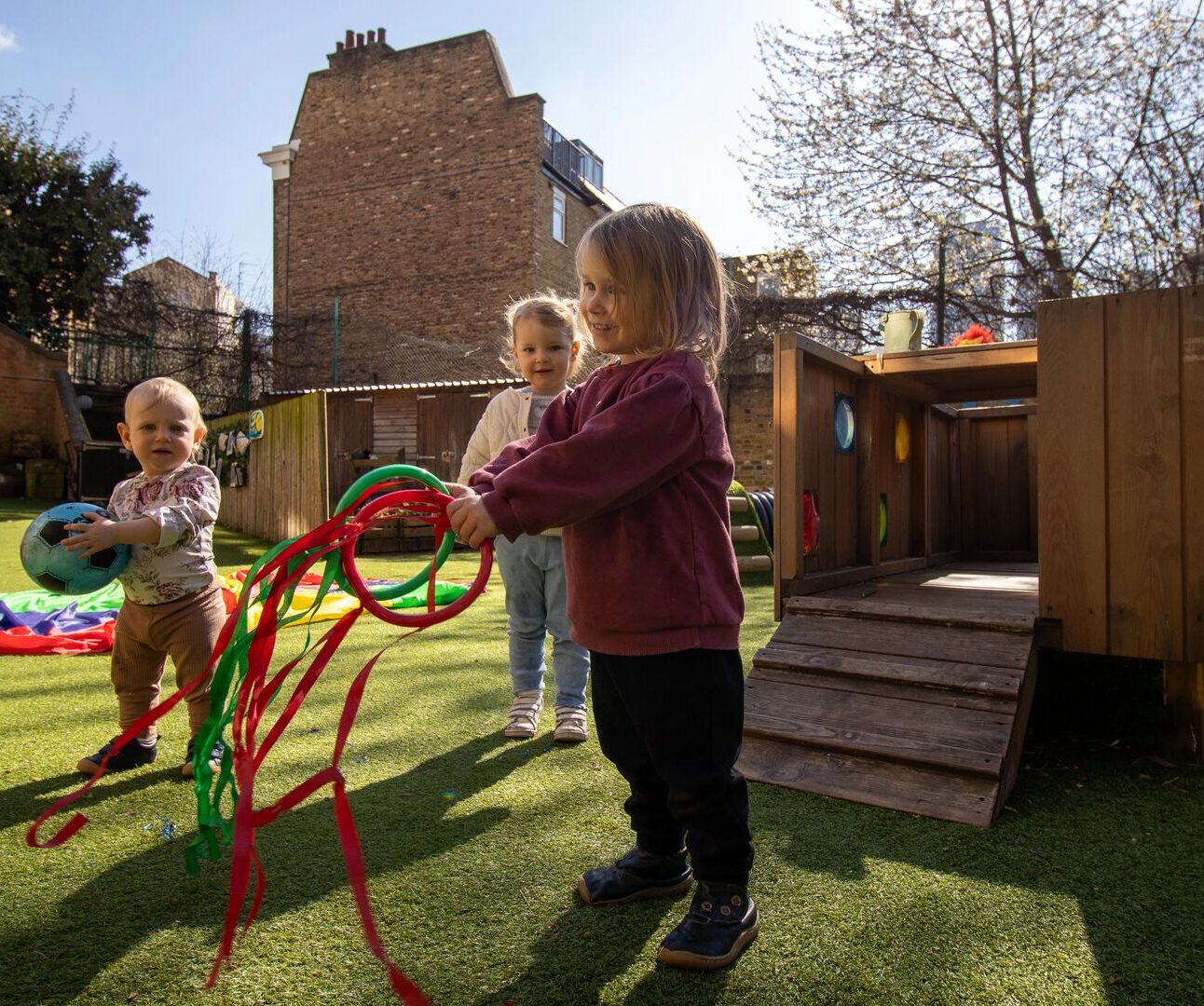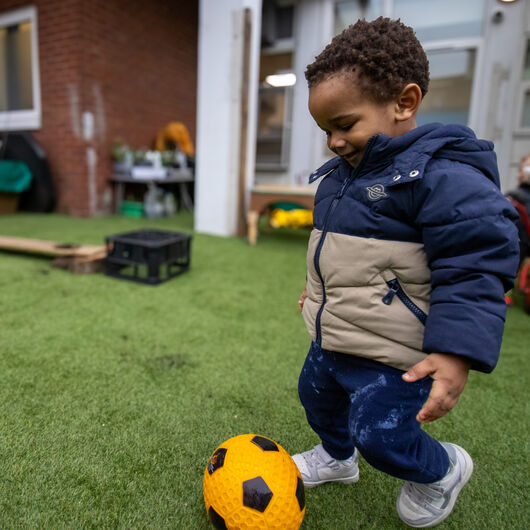
Another Consultation… This time, it’s Space
Just as the ink dries on the Ofsted consultation, up pops another. This time it’s about space, equally important and not to be overlooked. The Department for Education (DfE) has…
December 11th 2024

Every year we host the Margaret Horn Debate where we consider a compelling subject highlighted by our work with the children and families. This year we examined the concept of modern parenting and how we have moved from child rearing to creating the verb “to parent”, moving parents to centre stage and bringing with this a whole heap of issues.
Parenting is a money spinner for many a Z-list celebrity social media influencers and the source of multi-million-pound marketing industry. Whatever happened to the old-fashioned focus on rearing your child and relying on a child development handbook?
As with any debate we had a panel representing the subject, all of whom are parents but who responded to the debate questions from their professional perspectives. Dr Jade Redfern is a psychologist who also operates on social media, Professor Ellie Lee is an academic who leads the Centre for Parenting Culture Studies at the School of Social Policy, Sociology and Social Research; University of Kent, Funmi Adeogun is a very experienced Nursery Manager who works with parents on a daily basis, Mike Abbott is a Dad and works in the Early Years and has an autistic son, Sue Palmer is the author of Toxic Childhood and the Chair Anna Tyzack is a journalist with 5 children.
The debate was wide-ranging but recognised that large scale social problems don’t start with parents – parenting reflects society, culture, politics and social inequality, and how the modern changing world is placing a big burden on parents as to how to respond.
The dominance of technology, screen time and social media makes it feel like an alien world for many parents aggravated by the unhelpful lack of consistent guidance. The use of screen time to help children who are neuro-diverse was interesting as some children use the screen to help them regulate.
Nowadays, rearing children seems much less of a community activity like it was in the past. Children no longer play out because of the fear of traffic and heightened risk of safety. Parents face huge commercial pressures from sophisticated corporate marketing departments to get parents to buy things for children that aren’t good for them. For example, screen-based toys which pretend to be educational or HFSS food that is fuelling the obesity crisis.
At the same time, children imitate adults, especially their parents, and what they see are parents attached to their own phones! Given children mimic everything we do, (and remember Steiner’s words of wisdom that we need to be ‘worthy of imitation’) parents need to understand themselves and their role as adults first, before understanding their role as parents. There was a concern that we were not growing up, and adult and childhood was collapsing into each other which may not provide the best framework to become a parent.
The issue of over-protecting children as a response to the changes was considered by some members of the panel as a terrible message because it was defining childhood as vulnerability which was a very deficit position for children to start from, and is confirmed by cynical businesses who feed on fear by pushing parents to buy trackers, helmets, protective gear, organised playdates and allowing children to stay indoors on screens. This is often against an instinctive understanding that children need to adventure outside, become part of nature and be away from parents’ hovering wings.
Throughout the debate there was reference to number of conflicting messages parents receive, but we agreed that the most powerful message is the one that tells you to be kind to yourself and remember that:
You are a good parent having a hard time, you are not a bad parent
Finally, there was a conversation about different types of parenting or parenting fads. However, no matter what these are called, the most important thing to remember is that children need to know their parent is warm, kind and in-charge and can provide them with safe boundaries and discipline. Children can cope with the word “no” and learn the importance of self-discipline, self-regulation and resilience which increases self-containment.
This was a quick run through. We also talked about design, public space, the researcher Diana Baumrind and solidarity with parents.

Just as the ink dries on the Ofsted consultation, up pops another. This time it’s about space, equally important and not to be overlooked. The Department for Education (DfE) has…

How I Learned to Stop Worrying and Love the Kill Switch! This is AI blog number four, and by now I thought I’d be off down the rabbit hole exploring…

Are children deprived of the opportunity to play?… …is not a new question, but one that continues to be tackled on many levels. Greg Bottrill’s book ‘Can…